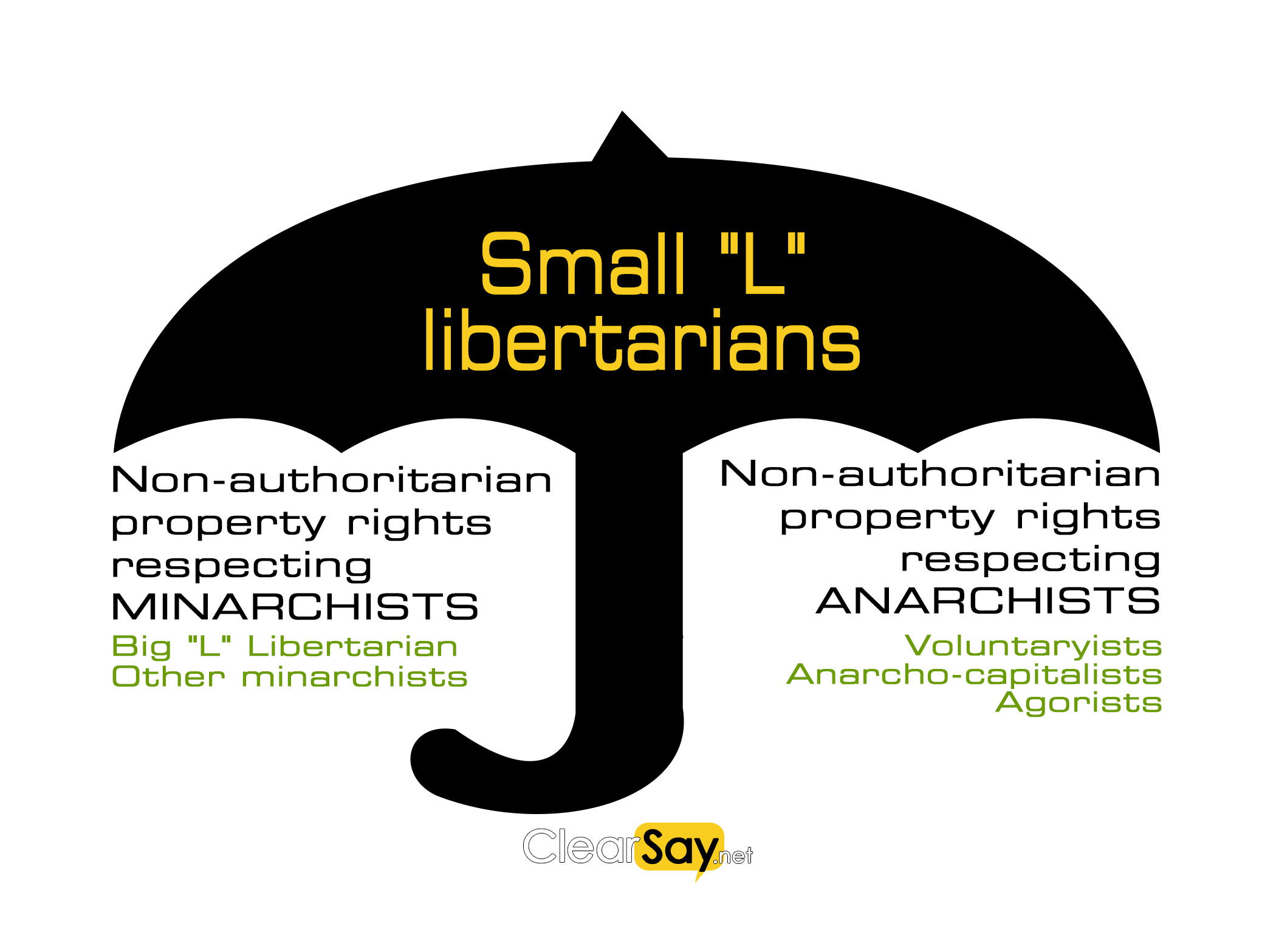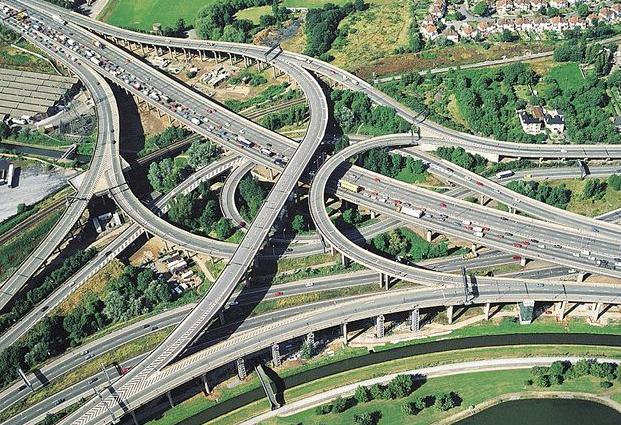From an article by Walter Block on 2009-04-16.
“I advocate the complete, total, and full privatization of all roads, streets, highways, byways, avenues, and other vehicular thoroughfares. And I am serious about this, deadly serious.”
This is so far off the radar of public-policy analysis and apart from the concerns of politicians, pundits, and commentators that few people will take it seriously. Do not be one of them. Your very life may be at stake. For over 40,000 people die on the nation’s roadways every year, and you or a loved one might one day join this horrid list.
Do not be misled by the oft-made contention that the actual cause of highway fatalities is speed, drunkenness, vehicle malfunction, driver error, etc. These are only proximate causes. The ultimate cause of our dying like flies in traffic accidents is that those who own and manage these assets supposedly in the name of the public — the various roads bureaucrats — cannot manage their way out of the proverbial paper bag. It is they and they alone who are responsible for this carnage.
This does not mean that, were thoroughfares placed in private hands, the death toll would be zero. It would not. But, at least, every time the life of someone was tragically snuffed out, someone in a position to ameliorate these dangerous conditions would lose money, and this tends to wonderfully focus the minds of the owners. This is why we do not have similar problems with bananas, baskets, and bicycles, or the myriad other goods and services supplied to us by a (relatively) free-enterprise system.
If the highways were now commercial ventures, as once in our history they were, and upward of 40,000 people were killed on them annually, you can bet your bottom dollar that Ted Kennedy and his ilk would be holding Senate hearings on the matter. Blamed would be “capitalism,” “markets,” “greed,” i.e., the usual suspects. But it is the public authorities who are responsible for this slaughter of the innocents.
Is there anything of a practical nature that can be done to solve the problem in the short run? Probably not. But do not give up hope. Right before the decline and fall of communism in Russia and Eastern Europe, there were few who thought this scourge would soon be removed.
Another benefit of the present book is that it attempts to demonstrate the viability, efficaciousness, and, yes, morality, of the private-enterprise system, addressing a difficult case in point. If we can establish that private property and the profit motive can function even in “hard cases” such as roads, the better we can make the overall case on behalf of free enterprise.
The book is organized according to the following plan. The basic theory of privatization, specifically as applied to roadways, is put forth. The case on behalf of commercializing this sector of the economy is made on the basis of improving road safety and decreasing traffic congestion.
Next, this theory is applied to a whole host of related issues, such as automobile insurance, holding parades on public streets, and immigration. Our present institutional arrangements are characterized as socialistic. Then, we assume as a given the goal of privatizing traffic arteries, and instead focus on the very complex process of getting to there from here: what are the problems of transition, how would the authorities move from a situation under their control to market determination, etc.? The next part of the book is given over to dealing with objections to the foregoing. Critiques are launched at several commentators, including Gordon Tullock, Lawrence White, Herbert Mohring, and Robert Poole. This book concludes with an interview conducted with me by several Canadian libertarians.

Voluntaryism Devil’s Advocate Questions
(1)
By firing a person, you used force on them.
or
By not doing a thing, you are using force.
or
By saying a thing, you are using force.
Short answer: No. More here: https://clearsay.net/how-far-extend-definition-force
(2)
In the “Law Without Government, Principles” video above, it is clear to me that on the three-person-island or even in a larger community no one will accept someone who tries to grab at monopolization of the law. If people understand the ideas involved it will be seen as unfair, and just like with other unfair practices, it will damage the reputation of the arbitrator, losing them business. But in reality I doubt it would be a sudden and easily noticed change that people will react to in a big way. If we had private security and justice firms I imagine they would grow to be large corporations in the same way that other corporations do, and may sometimes become monopolistic gradually. At that point where a security firm grows into a monopoly, how will the consumers take back their arbitration power? The security and justice companies would have the same resources that governments do today, wouldn’t they? Except that in this case there would not be a set of rules in place to ensure that there is at least some democratic input in decisions about arbitration and law. Under an economically (rather than politically) based justice system people with huge amounts of economic resources at their disposal would be able to buy off security firms and get away with murder (as long as they could make it worth the cost to the company in lost reputation and lost customers). Arguably this is somewhat true under political systems like ours as well, but I would estimate to a much smaller extent.
Answer: In practice, the only monopolies that remain for very long are the ones that are supported by the state. Natural monopolies don’t remain monopolies very long since they succumb to competition. I suppose the exception would be if the company were able to adapt to new environments, e.g. Google (although not a monopoly) has been doing a good job of this even taking into account their mis-steps.
Large security firms (insurance agencies in the video) are controlled by their clients. If a firm starts abusing its power, clients will stop supporting it.
Also, the gradual creep you describe is why I think states will always tend to grow and erode our liberties.
I suppose, yes, in theory someone could pay enough to get away with murder. On the other hand, they would be using their own money unlike, say, how the military industrial complex works now. I would think, though, that if they had that much money, they might as well just raise their own military. Even then, if they abuse that power, their business (whatever that may be) would pay the consequences. In the end, force is a wealth destroying tool and the vast majority of people wouldn’t use it. There are sociopaths, though, so really what you’re asking is “What if a rich sociopath committed murder and gets away with it?” That would certainly be unfortunate. On the other hand, compare that cost – sometimes people get away with murder – to the gains we would see by living with a more organic and free system. And let’s remember that our current system sees and even encourages quite a bit of “getting away with murder.”
There can be no such evidence supporting that natural monopolies would succumb to competition; that would be akin to finding a natural monopoly that hasn’t succumbed to competition. The most famous case, though, was of Standard Oil. Even at their peak, they maintained only 36% of the US market. And they were facing stiff competition abroad.
What monopolies have you seen that have lasted? What state boost did or do they receive?
Facebook pretty much had a US monopoly on social media sites. Google (Alphabet) is now there with Search and YouTube. And before Google, Yahoo had a large chunk of the search market. What you cite about monopolies is theory; it doesn’t happen in practice. This is because once a company is too large, they realize it is just as profitable to spend money on lobbying government as it is to spend it on research and development.
Yes, Wal-Mart drives out small businesses. This is because: (a) Wal-Mart is more efficient at what they do and (b) Walmart is largely successful due to indirect government subsidies. The majority of Walmart employees are on some form of public assistance. This is effectively taxpayers subsidizing Walmart’s workforce, which allows them to remain competitive in the labor market. Without the subsidies, they’d be forced to pay a competitive wage and they would dwindle to a more reasonable size.
The same happened with Blockbuster, so Blockbuster lost market share to Netflix. Going back to Wal-Mart, they and Amazon both support increases to minimum wage because it’ll hurt their competition (small businesses) more than it hurts them. Costco, Target, KMart, etc. are also more efficient than small businesses and they compete against Wal-Mart.












Recent Comments